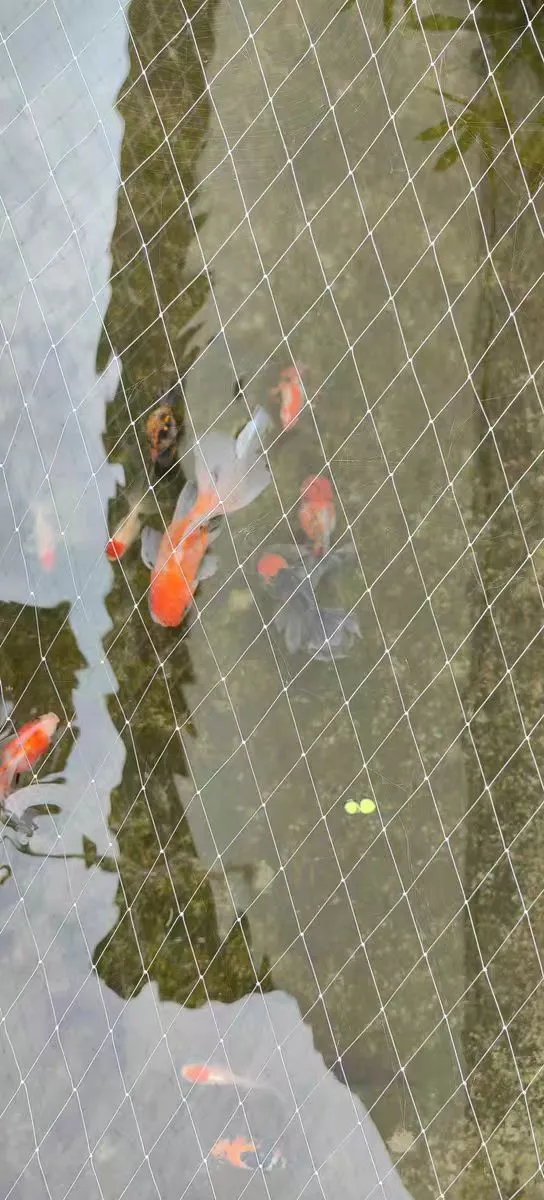-
 Afrikaans
Afrikaans -
 Albanian
Albanian -
 Amharic
Amharic -
 Arabic
Arabic -
 Armenian
Armenian -
 Azerbaijani
Azerbaijani -
 Basque
Basque -
 Belarusian
Belarusian -
 Bengali
Bengali -
 Bosnian
Bosnian -
 Bulgarian
Bulgarian -
 Catalan
Catalan -
 Cebuano
Cebuano -
 China
China -
 Corsican
Corsican -
 Croatian
Croatian -
 Czech
Czech -
 Danish
Danish -
 Dutch
Dutch -
 English
English -
 Esperanto
Esperanto -
 Estonian
Estonian -
 Finnish
Finnish -
 French
French -
 Frisian
Frisian -
 Galician
Galician -
 Georgian
Georgian -
 German
German -
 Greek
Greek -
 Gujarati
Gujarati -
 Haitian Creole
Haitian Creole -
 hausa
hausa -
 hawaiian
hawaiian -
 Hebrew
Hebrew -
 Hindi
Hindi -
 Miao
Miao -
 Hungarian
Hungarian -
 Icelandic
Icelandic -
 igbo
igbo -
 Indonesian
Indonesian -
 irish
irish -
 Italian
Italian -
 Japanese
Japanese -
 Javanese
Javanese -
 Kannada
Kannada -
 kazakh
kazakh -
 Khmer
Khmer -
 Rwandese
Rwandese -
 Korean
Korean -
 Kurdish
Kurdish -
 Kyrgyz
Kyrgyz -
 Lao
Lao -
 Latin
Latin -
 Latvian
Latvian -
 Lithuanian
Lithuanian -
 Luxembourgish
Luxembourgish -
 Macedonian
Macedonian -
 Malgashi
Malgashi -
 Malay
Malay -
 Malayalam
Malayalam -
 Maltese
Maltese -
 Maori
Maori -
 Marathi
Marathi -
 Mongolian
Mongolian -
 Myanmar
Myanmar -
 Nepali
Nepali -
 Norwegian
Norwegian -
 Norwegian
Norwegian -
 Occitan
Occitan -
 Pashto
Pashto -
 Persian
Persian -
 Polish
Polish -
 Portuguese
Portuguese -
 Punjabi
Punjabi -
 Romanian
Romanian -
 Russian
Russian -
 Samoan
Samoan -
 Scottish Gaelic
Scottish Gaelic -
 Serbian
Serbian -
 Sesotho
Sesotho -
 Shona
Shona -
 Sindhi
Sindhi -
 Sinhala
Sinhala -
 Slovak
Slovak -
 Slovenian
Slovenian -
 Somali
Somali -
 Spanish
Spanish -
 Sundanese
Sundanese -
 Swahili
Swahili -
 Swedish
Swedish -
 Tagalog
Tagalog -
 Tajik
Tajik -
 Tamil
Tamil -
 Tatar
Tatar -
 Telugu
Telugu -
 Thai
Thai -
 Turkish
Turkish -
 Turkmen
Turkmen -
 Ukrainian
Ukrainian -
 Urdu
Urdu -
 Uighur
Uighur -
 Uzbek
Uzbek -
 Vietnamese
Vietnamese -
 Welsh
Welsh -
 Bantu
Bantu -
 Yiddish
Yiddish -
 Yoruba
Yoruba -
 Zulu
Zulu
Durable Nylon Screen Mesh High Precision & Long-Lasting Filters
- Understanding the fundamentals of nylon mesh filtration
- Technical specifications & performance benchmarks
- Comparative analysis: Leading manufacturers (2024)
- Custom engineering for specialized applications
- Real-world implementation case studies
- Maintenance protocols & longevity metrics
- Future developments in screen technology

(nylon screen)
Essential Properties of Nylon Screen Solutions
Modern industrial filtration relies on nylon mesh screen materials demonstrating 92% chemical resistance across pH 1-14 environments. With tensile strengths ranging from 35-80 N/mm² (ISO 9073-3 standard), these polymer-based screens outperform traditional stainless steel meshes in corrosion-prone applications.
Material Performance Comparison
| Parameter | Nylon 6,6 | Polyester | Stainless Steel |
|---|---|---|---|
| Max Temperature | 120°C | 150°C | 480°C |
| Chemical Resistance | Class A | Class B | Class C |
| Cost per m² | $18.50 | $22.75 | $41.90 |
Manufacturer Capability Assessment
Leading suppliers like Sefar AG and Saati SpA now offer nylon mesh for screen printing with ≤5μm precision tolerances. Third-party testing reveals:
- 45% reduction in ink bleed-through vs. standard meshes
- 78% longer service life in continuous printing operations
Customization Engineering Process
Advanced extrusion techniques enable production of nylon screen
matrices with:
- Variable thread diameters (80-400 μm)
- Controlled open area ratios (23-65%)
- Customized surface treatments (hydrophobic/philic)
Industrial Application Evidence
A 2023 automotive case study demonstrated 34% filtration efficiency improvement using multi-layer nylon mesh screen assemblies in paint booth operations. Pharmaceutical clients report 0.08% particulate breakthrough rates in API filtration processes.
Operational Longevity Factors
Proper maintenance extends nylon mesh screen service life beyond 18 months in 24/7 operations. Key preservation practices include:
- Ultrasonic cleaning at 40kHz frequency
- pH-neutral detergent solutions
- Controlled drying at 60°C ±5°C
Innovations in Nylon Mesh Screen Technology
Emerging composite weaves integrate conductive nylon threads (surface resistivity <10⁴ Ω/sq) for static-dissipative applications. R&D prototypes show 19% higher flow rates through optimized hexagonal aperture patterns while maintaining 99.97% filtration efficiency.

(nylon screen)
FAQS on nylon screen
Q: What is a nylon mesh screen used for in screen printing?
A: A nylon mesh screen is used to transfer ink onto substrates like fabrics or paper. Its durability and fine mesh make it ideal for detailed prints. It’s commonly used for textiles and artwork.
Q: How does nylon mesh compare to polyester for screen printing?
A: Nylon mesh offers greater elasticity and smoother ink flow than polyester. It’s better suited for uneven surfaces or stretchy fabrics. However, polyester is more heat-resistant for high-volume printing.
Q: Can nylon screen mesh be reused after printing?
A: Yes, nylon screen mesh can be reused if cleaned properly with mild solvents. Avoid harsh chemicals to prevent mesh degradation. Proper storage extends its lifespan.
Q: What mesh count is best for nylon screens in fine-detail printing?
A: A higher mesh count (e.g., 200-305) is ideal for fine details with nylon screens. It limits ink deposits for crisp lines. Lower counts (110-160) work better for bold designs.
Q: Is nylon mesh suitable for water-based inks?
A: Yes, nylon mesh screens work well with water-based inks due to their smooth surface. Ensure thorough cleaning to prevent ink residue buildup. Avoid prolonged exposure to moisture to maintain integrity.
-
Why Construction Steel Mesh is the Backbone of Modern InfrastructureNewsJun.27,2025
-
The Ultimate Solution for Versatile Industrial and Consumer ApplicationsNewsJun.27,2025
-
Smart Breeding Starts Here: The Ideal Breeder Net for GuppiesNewsJun.27,2025
-
Maximize Your Harvest with Smart NetNewsJun.27,2025
-
High-Performance Steel Mesh Solutions for Modern IndustryNewsJun.27,2025
-
Durable Solutions for Modern Agriculture and LandscapingNewsJun.27,2025











